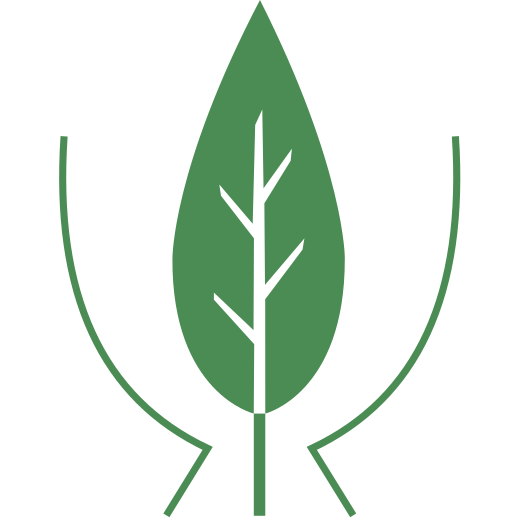NBIA gene therapy updates
Historic donation of 1.2 million dollars provides fuel for PKAN gene therapy
An impressive donation of 1.2 million dollars has enabled PKAN (pantothenate kinase-associated neurodegeneration) gene therapy to take a major step forward. A private PKAN family has made this extraordinary donation to fund the project through to the completion of Phase 3 toxicology studies, marking an important milestone for the research team and giving hope to the community.
The NBIAcure team at Oregon Health and Science University (OHSU) and Dr. Miguel Sena-Esteves and Dr. Heather Gray-Edwards of the Horae Gene Therapy Center at UMass Chan Medical School are the dedicated teams working on this project, continuing the effort that began with Dr. Lauriel Earley in 2019.
As previously reported, Earley received initial funding for PKAN gene therapy through a research collaboration between the NBIA Disorders Association in the USA, AISNAF in Italy and Hoffnungsbaum e.V. in Germany. At the time, Earley was a researcher at the University of North Carolina at Chapel Hill. After she left the research field to work in industry, the project passed into the hands of Dr. Susan Hayflick at OHSU. Since then, the project has accelerated through collaboration with the UMass Chan Medical School.
The research teams are convinced that gene therapy is promising for PKAN patients, as the disease mutation is precisely known and the globus pallidus is the only location of the disorder in the brain that can be targeted. According to the current timetable, clinical trials could begin in 2026. It is hoped that this therapy could halt the progression of the disease in some PKAN patients and perhaps cure the disease in future generations.
With this generous donation, the overall project has now raised more than 1.4 million dollars of the 5 million dollar goal. To get the funding to the finish line, the Loving Loic Foundation is seeking tax-deductible donations from friends, family and other outside sources. If you would like to learn more, fundraise or make a contribution, please visit lovingloic.org or contact Sherine Blackford at: info@lovingloic.org
The NBIA community is deeply grateful to this family for their remarkable donation and commitment to the OHSU and UMass Chan team on this exciting path to a breakthrough in PKAN research.
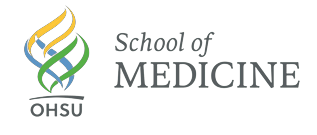
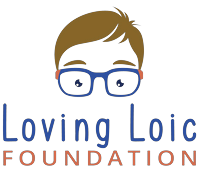

The INADcure Foundation's "One Gene, One Dream" campaign is gaining momentum
Two years ago, the INADcure Foundation launched the "One Gene, One Dream" campaign (also known as "Working on a Miracle") to support the development of therapies for INAD and all PLA2G6-related diseases. This campaign is instrumental in bringing gene therapy out of the laboratory and into clinical application.
The INADcure Foundation launched the campaign with the support of the INAD community in May 2022. By mobilizing INAD/PLAN families around the world, the campaign has already raised nearly $1.4 million of its $7 million goal. "We've seen too many headlines about biotech companies putting their rare disease programs on hold and leaving families without hope," says Leena Panwala, President of the INADcure Foundation. "That's why we're moving forward with a gene therapy program for INAD, on our terms and focused solely on the needs of those affected by INAD/PLAN."
The program has successfully demonstrated efficacy in mouse models. Dosing and toxicity studies are currently underway. These steps are a prerequisite for applying for FDA approval to initiate a clinical trial, a phase that requires considerable resources due to the high costs involved.
The initiative will be led by Dr. Neil Hackett, who joined the INADcure team in 2021. Hackett has extensive experience in preclinical and translational gene therapy programs and is currently Professor of Research in Genetic Medicine at Weill-Cornell Medical College. He has assembled a multidisciplinary team of experts to assist him in leading the program.
Worldwide, 36 dedicated families and their teams have raised a total of 200,000 dollars this year, 100,000 dollars of which was raised through the viral "Give 5 Challenge". Alyson and Nick Wilbur started this initiative in honor of their daughter Rowan, who was recently diagnosed with INAD. For more information about the initiative, visit: www.researchforrowan.com
Further information and opportunities to get involved can be found at: www.WorkingonaMiracle.org
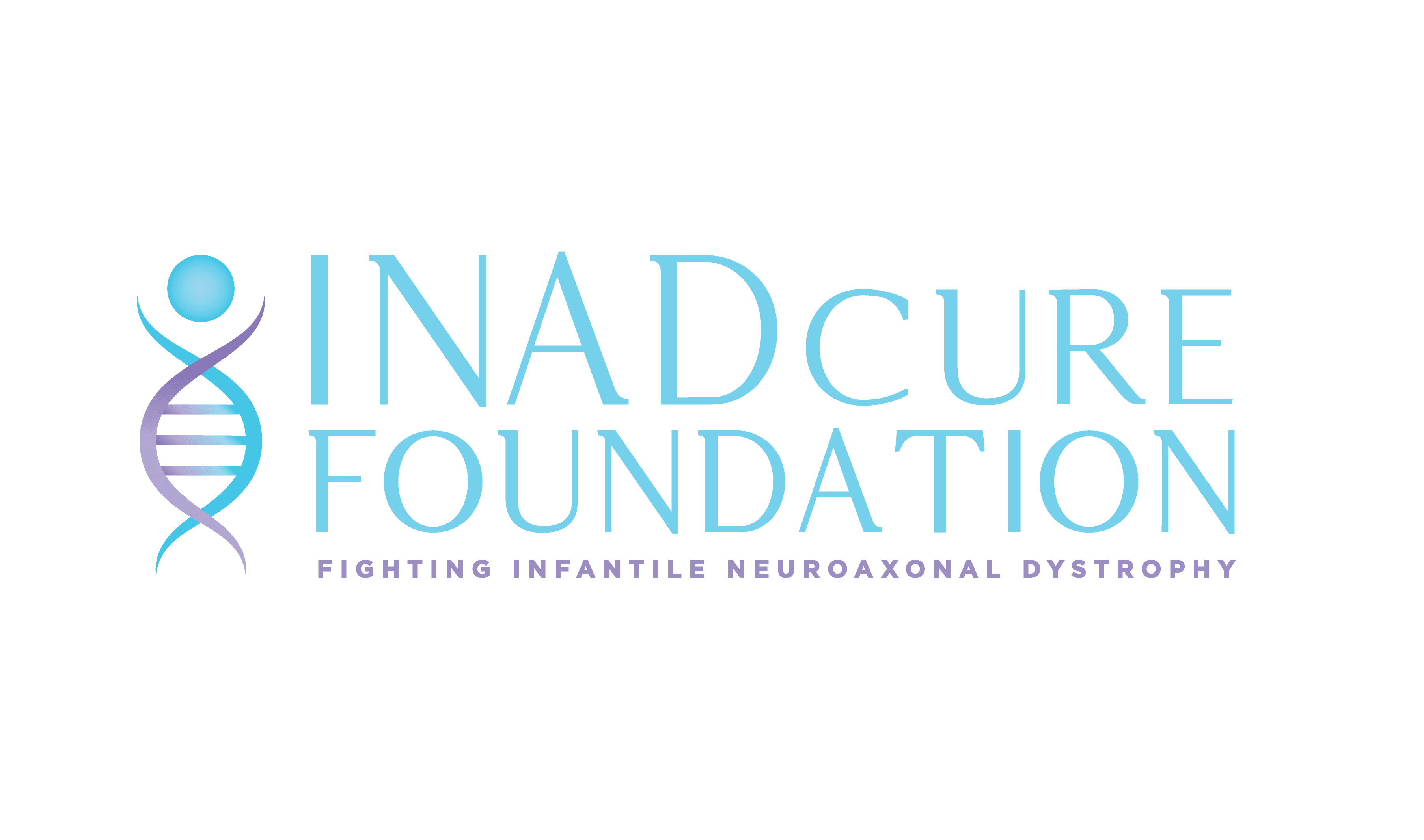
Gene therapy study shows potential for BPAN treatment
Two family-funded foundations, Don't Forget Morgan and Harper's Hope, have partnered with Harvard University and Massachusetts General Hospital (Mass General) to explore gene therapy as a potential treatment for beta propeller protein-associated neurodegeneration (BPAN). This multi-year grant has recently shown promising results that have generated excitement in the BPAN community.
Researchers at Harvard and Mass General have conducted a proof-of-concept study in a mouse model to investigate the efficacy of adeno-associated virus (AAV)-mediated WDR45 gene delivery as a therapeutic strategy for BPAN.
The study showed that AAV-mediated WDR45 supplementation significantly improved neurological function in the BPAN mouse model funded by Don't Forget Morgan and developed by Louis-Jan Pilaz at Sanford Health. The researchers observed successful synthesis of human WDR45 transcripts and WIPI4 protein in brain tissue. In addition, the treatment led to an improvement in hyperactive behavior and a correction of autophagy markers in brain tissue, indicating a significant therapeutic benefit.
The success of this study suggests that WDR45 gene transfer may be a viable therapeutic strategy for BPAN, paving the way for further research and potential clinical applications.
The full publication "AAV-mediated gene transfer of WDR45 corrects neurologic deficits in the mouse model of beta-propeller protein-associated neurodegeneration" can be found on bioRxiv: https://www.biorxiv.org/content/10.1101/2024.06.18.599588v1
Further information can be found at: www.dontforgetmorgan.org and www.curebpan.org


University College London dedicates itself to BPAN gene therapy
As previously reported, Dr. Manju Kurian from University College London in the UK has started gene therapy for beta propeller protein-associated neurodegeneration (BPAN). Her group already has experience with gene therapy for PLA2G6-associated neurodegeneration (PLAN), which is now being further developed by Bloomsbury Genetic Therapies Limited. Funding for the project was made possible by Team NBIA Disorders' participation in the Million Dollar Bike Ride 2023 and funding from the NBIA Disorders Association.
The project aims to develop a gene therapy in which a healthy copy of the defective BPAN gene is introduced directly into the brain. The aim is to create a state-of-the-art laboratory model of the disease (a 'brain in a dish') and use an excellent mouse model that has key features of the human disease to evaluate this gene therapy approach and see if it resolves the problems caused by the faulty WDR45 gene in BPAN.
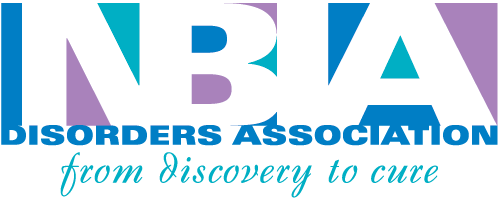
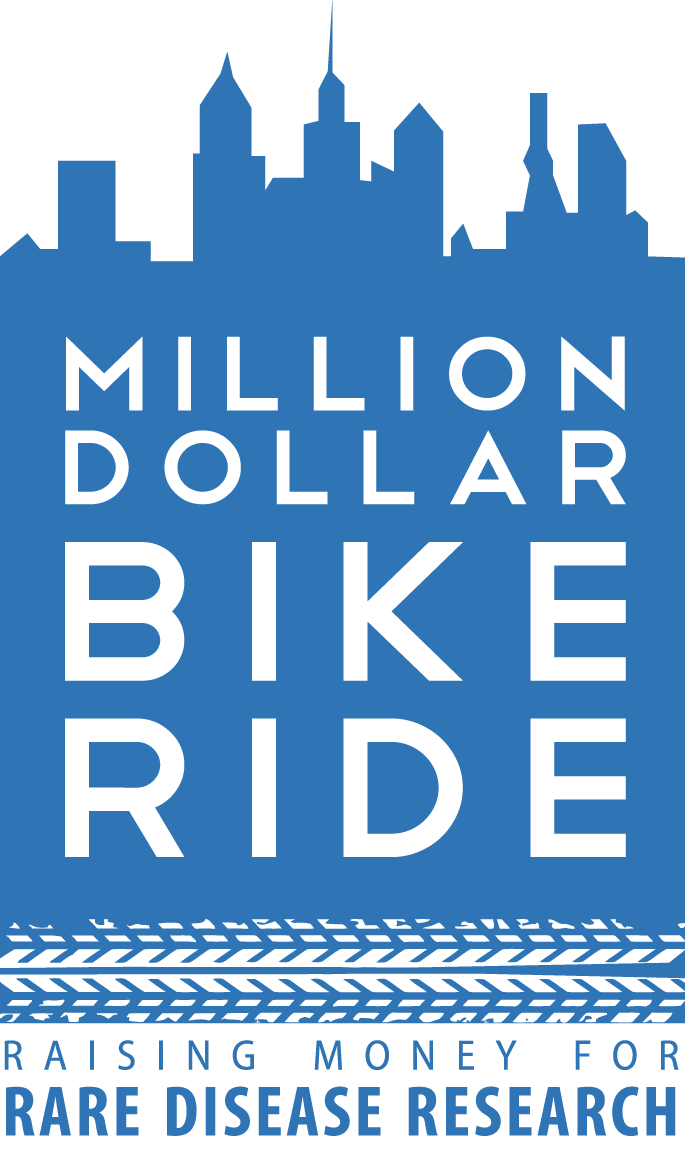
Adapted translation of an article from the July 2024 newsletter of the NBIA Disorders Association
https://nbiadisorders.org/news-events/nbia-newsletters/
